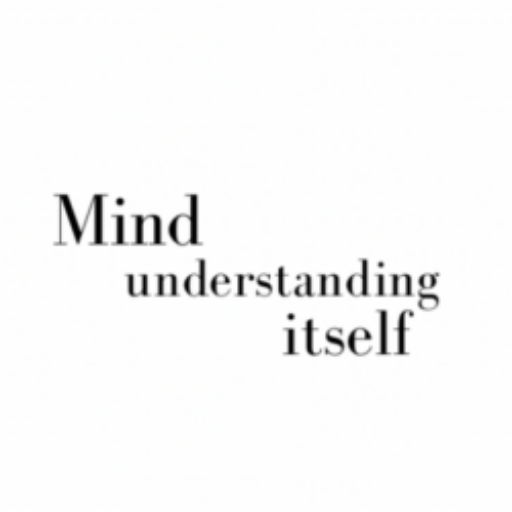Is Self-CBT Possible? Can We Use Cognitive Behavioral Therapy Techniques for Helping the Self?
It is inarguably true that CBT is a very structured form of therapy, and, thus, it must be applied only by professionals who have been trained for it. Especially in clinical conditions, indeed, a professional help is indispensable.
However, still, both cognitive and behavioral techniques used in CBT can be suited for helping the self.
Actually, one of the goals of CBT is equipping the client with problem solving skills. This is why CBT is so effective in preventing relapses, and many patients continue to improve even after the termination of the treatment.
There are even many self-help books written by valuable practitioners in the field examplifying the use of CBT techniques for the self. Some of which are:
Feeling Good by David Burns
Get Out of Your Mind and Into Your Life by Stephen Hayes
Mind Over Mood: Change How You Feel by Changing the Way You Think by Dennis Greenberger and Christine Padesky
So, the answer is yes. We can use cognitive behavioral therapy techniques for helping the self.
We can try to identify our problems.
We can assess our motivation for change.
We can identify and challenge our cognitive distortions.
We can identify and challenge our automatic thoughts, underlying assumptions, core beliefs.
We can work on our maladaptive or unhelpful behaviors.
We can try doing WHAT WE CAN DO, and,
We can still ask for help when we need it.
It is all we can do anyway, isn’t it?
Thanks for reading.
Aysegul.
References
Leahy R. L., et al. (2012). Treatment Plans and Interventions for Depression and Anxiety Disorders. New York, NY:The Guilford Press.






